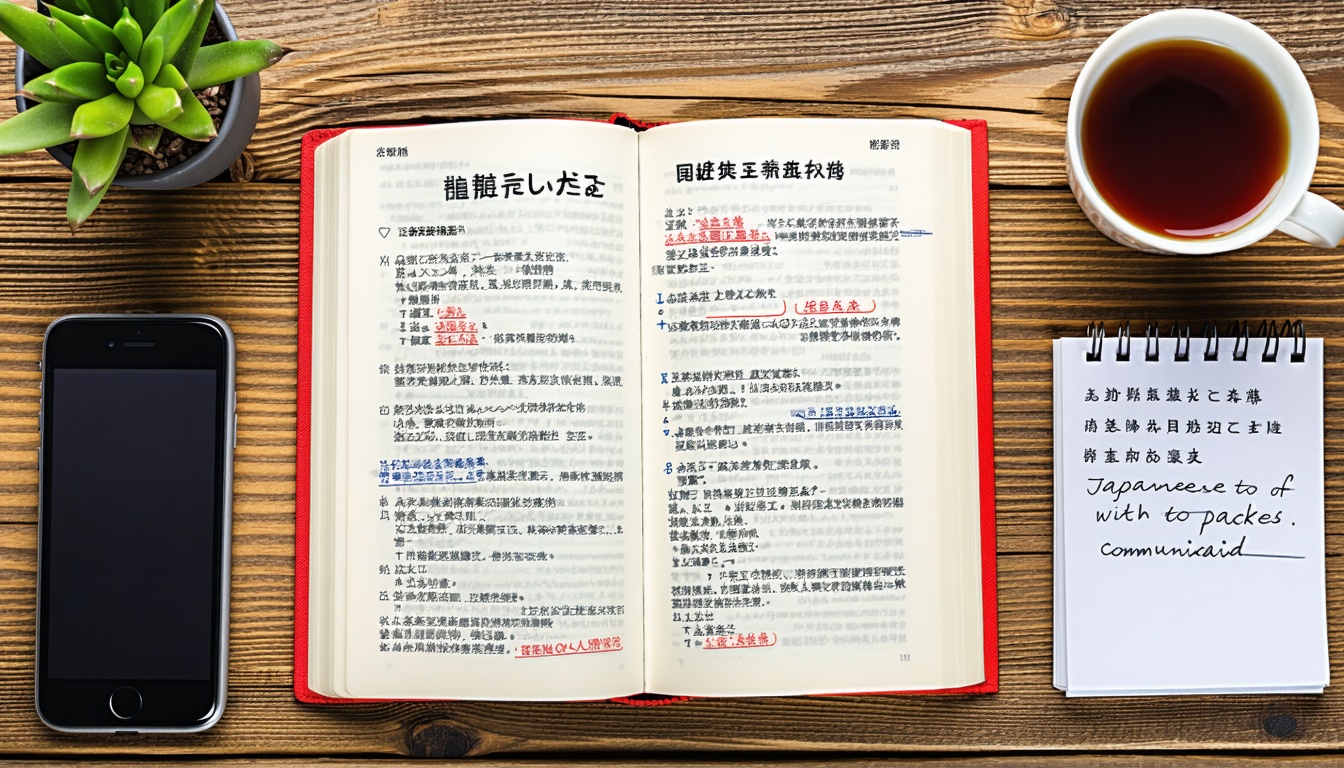Traveling to Tokyo? Don’t Miss These Key Japanese Phrases

If you’ve looked up basic japanese phrases tokyo travel, you’re in the right place. Picture this: you step off the Narita Express and realize you need to ask someone where to go next. Or maybe you’re at a tiny ramen shop, hungry but unsure how to order. In this ultimate guide, you’ll learn friendly, practical Japanese expressions for greetings, transit, dining, shopping, emergencies, and more. By the end, you’ll feel ready to chat with locals, navigate stations, and even praise that perfect bowl of noodles.
Master essential greetings
Good morning to goodnight Start your day on the right foot by using the proper greeting for each time slot.
-
Ohayou gozaimasu (おはようございます) – good morning (formal)
-
Ohayou (おはよう) – good morning (informal, with friends or family)
-
Konnichiwa (こんにちは) – hello or good afternoon (Boutique Japan)
-
Konbanwa (こんばんは) – good evening
When you bow while greeting, a slight nod feels casual, a deeper bow shows respect.
Answering the phone In Japan, phone etiquette is a bit different from “hello.” Use these friendly openers:
-
Moshi moshi (もしもし) – hi (on the phone with friends or family)
-
Hai, [your name] desu (はい、[Your Name]です) – yes, this is [Your Name] (formal answer)
Tip: avoid casual “moshi moshi” when answering calls from work or hotel; stick to “hai, [name] desu.”
Navigate trains and streets
Lost in a sea of station signs? Use these key phrases to get pointed in the right direction.
Asking for directions Knowing how to say “where is” can be a lifesaver.
__ wa doko desu ka? (__ はどこですか?) – where is __? For example, “Shibuya eki wa doko desu ka?” (渋谷駅はどこですか?) See more on how to ask directions in Japanese.
Buying tickets At ticket machines or manned counters, try:
- Kippu o kudasai (切符をください) – ticket, please
Futatsu onegaishimasu (二つお願いします) – two tickets please Brush up on counters with Japanese counting system and numbers pronunciation.
Understanding announcements Station staff will call out next stops – listen for:
- Tsugi wa ___ desu (次は ___ です) – next is ___
O kyaku sama – dear passengers (formal attention) If you need translations, check our train announcements guide.
Order food and dine
Hungry yet? Here’s how to catch a server’s eye and order like a local.
Getting server attention In busy restaurants, simply raise your hand and say:
Sumimasen (すみません) – excuse me or I’m sorry (ByFood) This versatile phrase works for apologies and getting attention.
Placing orders politely Two common patterns will cover most orders:
- __ o kudasai (__ をください) – __ please
__ onegaishimasu (__ お願いします) – I would like __, please For example: “Rāmen o kudasai” (ラーメンをください). See more at restaurant phrases ordering.
Expressing delight Make the chef’s day by complimenting your meal:
-
Itadakimasu (いただきます) – “I humbly receive,” before eating (Grasshopper Adventures)
-
Oishii desu (おいしいです) – it’s delicious
-
Gochisousama deshita (ごちそうさまでした) – thank you for the meal, after eating
Order a refill with:
- ____ okawari kudasai (おかわりください) – refill please
Shop, pay, and transact
Whether you’re hunting souvenirs or daily supplies, these phrases keep transactions smooth.
Asking price and size
- Ikura desu ka? (いくらですか?) – how much is it?
M (エム), L (エル) wa arimasu ka? – do you have size M or L? Find more shopping essentials at shopping phrases useful.
Handling cash and cards
-
Okaikei o onegaishimasu (お会計をお願いします) – check please
-
Genkin de onegaishimasu (現金でお願いします) – cash please
Kado wa tsukaemasu ka? (カードは使えますか?) – can I use a card? Japan is still largely cash based in smaller shops, so keep yen on hand.
Speak polite basics
These small words go a long way in showing respect and friendliness.
Thank you and excuse me
-
Arigatou gozaimasu (ありがとうございます) – thank you (formal)
-
Arigatou (ありがとう) – thanks (casual) (Lingopie)
Sumimasen (すみません) – excuse me or sorry (also covers thank you for minor favors) See more at thank you expressions and excuse me phrases.
Please and sorry
-
Onegaishimasu (お願いします) – please (when requesting)
-
Gomen nasai (ごめんなさい) – I’m sorry (casual apology)
Daijoubu desu (大丈夫です) – it’s okay / I’m fine Explore politeness levels at Japanese politeness levels.
Ask about English use
Even if English isn’t widespread, these phrases help bridge the gap.
Can you speak English?
Eigo o hanasemasu ka? (英語を話せますか?) – can you speak English? Under 30 percent of Japanese people speak English at any level, so locals appreciate the effort (Lingopie).
I don’t understand
-
Wakarimasen (分かりません) – I don’t understand
-
Mou ichido onegaishimasu (もう一度お願いします) – one more time, please
Handle emergencies
Safety first. Keep these crucial phrases at hand.
Requesting help
Tasukete kudasai (助けてください) – please help me For more emergency basics, see Japanese emergency phrases.
Medical and safety phrases
-
Byouin ni ikitai desu (病院に行きたいです) – I want to go to a hospital
-
Kyukyusha o yonde kudasai (救急車を呼んでください) – please call an ambulance
-
Keisatsu o yonde kudasai (警察を呼んでください) – please call the police
Improve pronunciation
Clear speech helps locals understand you faster.
Vowel and consonant tips Japanese has five pure vowels and a handful of consonants:
Vowel Sound example
a father
i feet
u food
e pet
o more
Press each vowel in one smooth beat. Avoid dropping or dragging sounds.
Practice tools
-
Download the Google Translate Japanese Pack for instant text and voice help (Girl Eat World)
-
Record yourself and compare to native speakers
-
Shadow-listen to announcements and repeat out loud
Learn more at Japanese pronunciation guide and brush up on scripts with katakana hiragana basics.
Tips for smooth communication
These final pointers will keep interactions friendly and error-free.
Nonverbal etiquette
-
Bow slightly on greetings, deeper for apologies (Japanese body language)
-
Silence phones and keep voices low on trains
-
Hand and receive business cards with two hands, nodding in thanks
Avoiding common mistakes
-
Don’t leave chopsticks standing upright in rice
-
Avoid eating while walking (use convenience store seating)
Tipping isn’t customary; simply say “arigatou gozaimasu” at payment More pitfalls to sidestep at common Japanese mistakes to avoid.
Frequently asked questions
What’s the most important phrase in Tokyo? Sumimasen covers “excuse me,” “sorry,” and “thank you,” making it the single most useful expression.
How do I pronounce sumimasen correctly? Break it into three syllables: su-mi-ma-sen. Keep each vowel short and clear.
Can I get by with English alone? In major hubs you’ll find English signs and speakers, but knowing basics shows respect and opens more doors.
Is it rude to use casual phrases with strangers? Stick to formal forms (gozaimasu, onegaishimasu) with people you don’t know. Switch to casual among friends.
How many phrases should I learn before traveling? Aim for about 20–30 key expressions covering greetings, thanks, ordering, directions, and emergencies. That’ll cover 80 percent of daily needs.
Safe travels and enjoy Tokyo—your willingness to speak even a little Japanese will make every interaction more rewarding!


